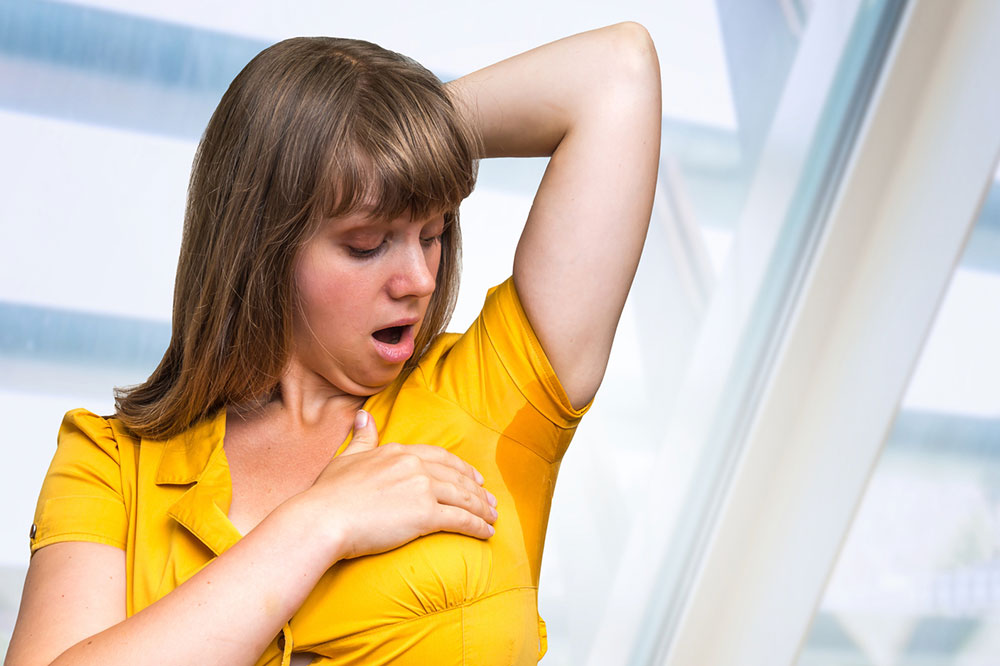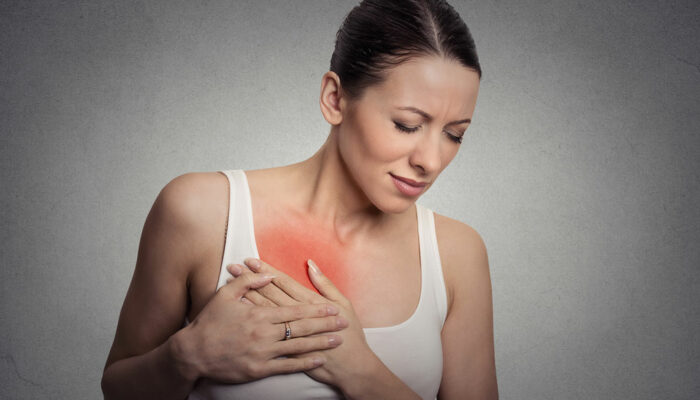
Signs and Symptoms of Hyperhidrosis
The condition known as hyperhidrosis results in people sweating excessively even when it is not extremely hot outside, or there is no particular reason for them to do so. As a result, they experience a lot of discomfort, especially in the summer. This article discusses the signs and symptoms of heavy sweating for you to understand more about this condition.
What happens in hyperhidrosis?
Also known as sudorrhea, it is a condition that leads to heavy sweating either all over the body or in one specific area. It is believed that nearly 8 million Americans experience this problem (Around 2% of the population).
Generalized hyperhidrosis is where the entire body sweats heavily. Focal hyperhidrosis is where excessive sweating is confined to some parts like the palms, armpits, or face. Mostly the condition starts during one’s teenage years.
Signs and symptoms
The signs and symptoms of heavy sweating depend on the type of hyperhidrosis, i.e., generalized or focal. The latter may be specific to the sole and palm (palmoplantar) or in the armpits (Axillary).
The signs and symptoms of hyperhidrosis are as follows:
- The palms become wet or appear clammy due to excessive sweating.
- Soles of the feet become wet or clammy.
- Frequent sweating on the face and in the armpit region.
- Sweating so heavily that the clothing becomes soaked.
- Excessive sweating can cause sweat to seep out of the clothes.
- The sweating stains the fabric, leading to an unpleasant smell.
- Body odor due to the sweat.
- Heavy sweating can lead to infections of the skin, including fungal and bacterial infection.
Apart from these symptoms, there are many other effects of heavy sweating. They include:
- A feeling of depression due to the sweating and staining on clothes.
- Becoming socially withdrawn and avoiding other people due to the embarrassment caused by sweating.
- Avoiding employment where there is contact with many people.
- Spending a lot of time and money on managing sweat by using deodorants, pads under the arms, or having to change clothes regularly due to the sweating.
Causes and treatment
Most cases of heavy sweating are idiopathic; i.e., there is no apparent cause. In some cases, it may be hereditary. It can also be caused due to other problems like diabetes, thyroid problems, heart attack, infections, and neurological disorders.
It is possible to treat heavy sweating. Some of the treatment methods include:
- Use of antiperspirant medications that may be taken OTC or via prescription.
- Anticholinergic medicine to reduce sweating.
- Botox is prescribed by doctors to treat underarm sweating.
- Iontophoresis is a treatment where the patient keeps his hands and legs under water and a mild current is passed through it. This can help in regulating sweating.
- Microwave energy can be used to destroy sweat glands to prevent sweating.
- In advanced cases, surgery to either remove the sweat gland or remove the nerves that cause excessive sweating may be required.



